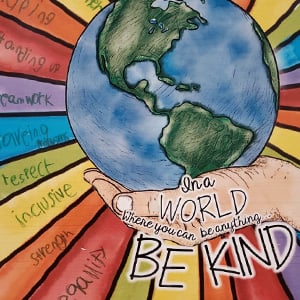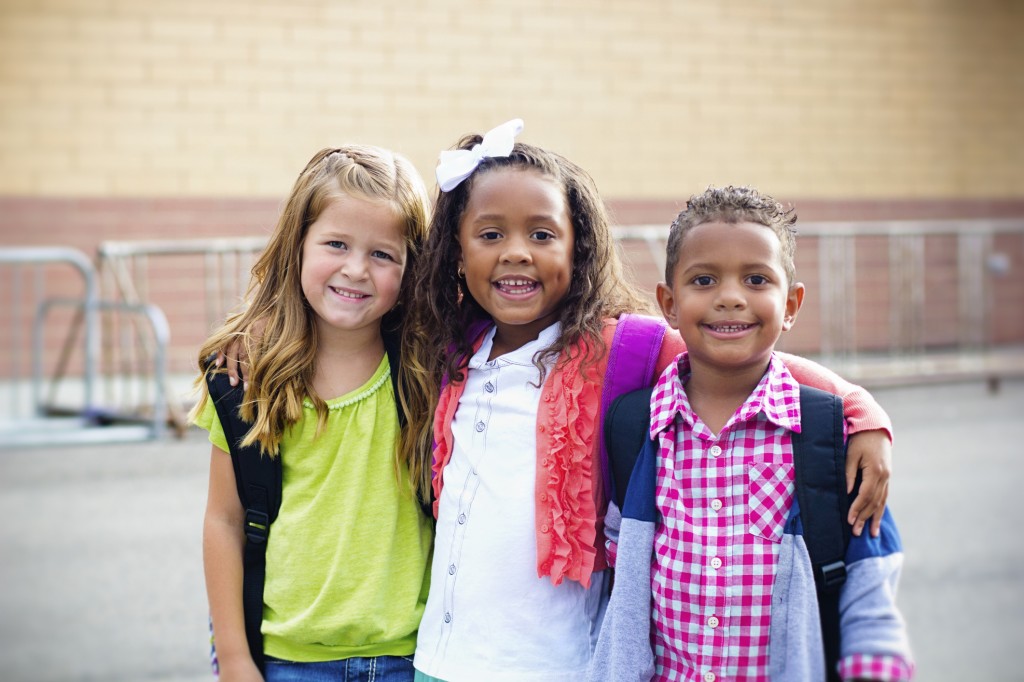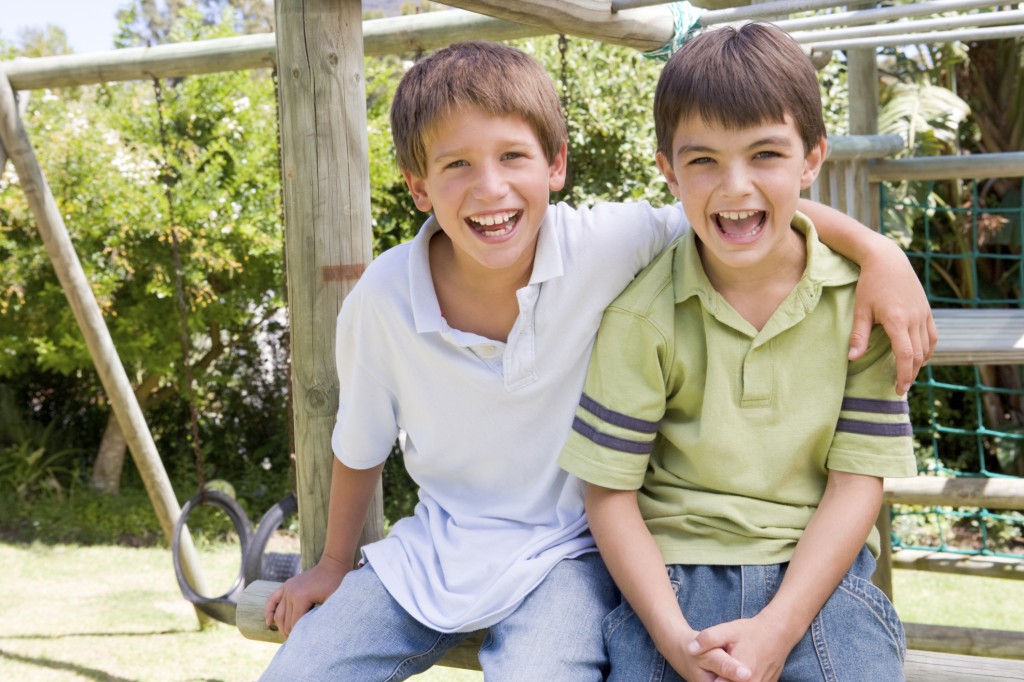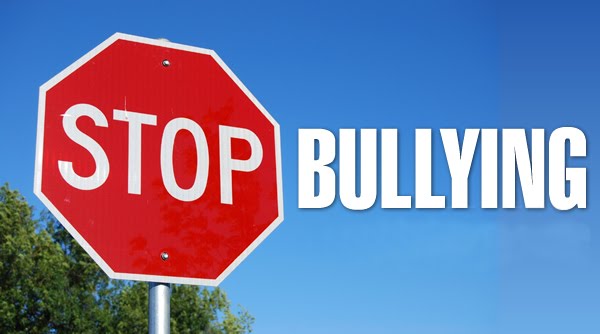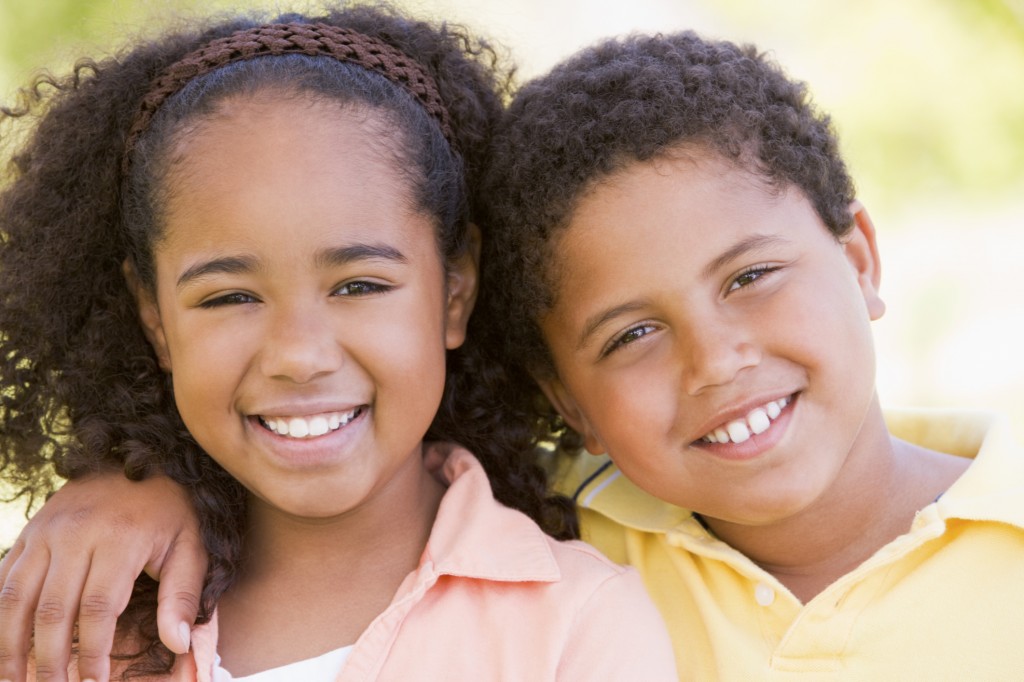Did you know that you can empower your child to become a supportive and empathetic ally to peers facing bullying? Here are five effective ways to instill in your child the idea that they can make a positive difference and help prevent bullying.
- Open Communication at Home Building a foundation of trust is key to discussing bullying with your child. Create a safe space where they feel comfortable sharing both positive and negative experiences from school. By listening attentively and validating their feelings, you encourage them to treat their peers with the same empathy.
- Being a Supportive Bystander Even when not directly involved, witnessing bullying can impact children. Teach your child how to support their classmates by listening to their feelings and encouraging them to report incidents to a teacher or trusted adult without escalating the situation.
- Responding Thoughtfully When your child talks about bullying, respond with intentionality. Listen actively, ask probing questions to encourage reflection, and discuss appropriate actions they can take if faced with similar situations in the future.
- Raising Awareness If your child frequently shares instances of bullying, educate them on safe ways to take action and involve adults who can address the issue. By raising awareness within your child and community, you contribute to preventing future incidents of bullying.
- Additional Resources For more tips on preventing bullying, visit StopBullying.gov. Have a wonderful school year!
If you’re interested in learning more about anti-bullying initiatives, contact Simple Acts of Care and Kindness at 866-459-7225 or visit www.simpleacts.org.
Empower your child to be a positive force against bullying, starting today. Together, we can create a safer and more supportive environment for all children.

